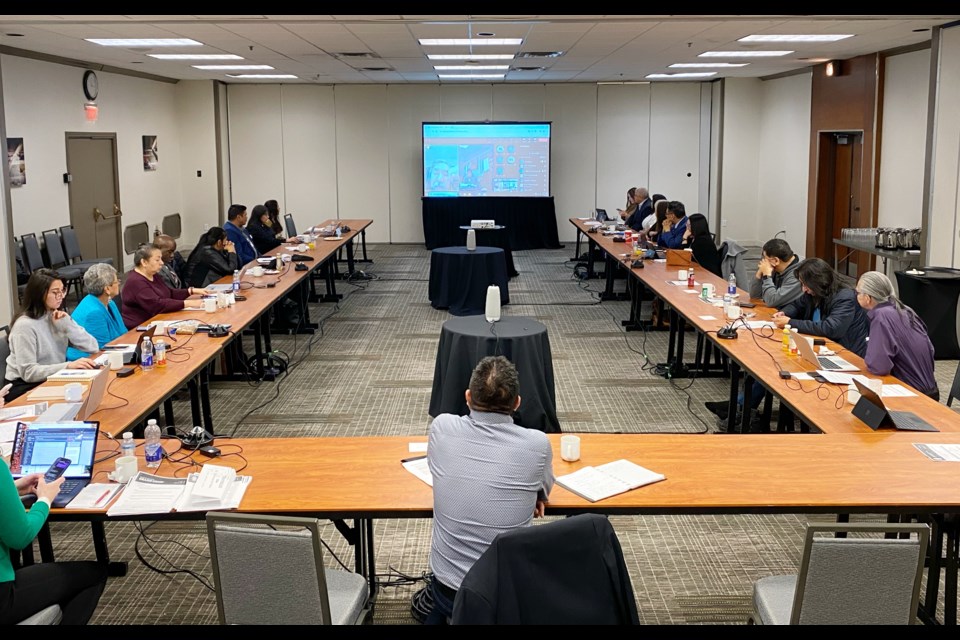OTTAWA -- Officials from the federal government and Nishnawbe Aski Nation (NAN) gathered in Ottawa on Jan. 24 to discuss the ongoing suicide crisis that has gripped youth in First Nations across the province and the country.
Chiefs from NAN-represented First Nations were all in attendance.
Four federal ministers were also in attendance – including Patty Hajdu (Indigenous Services), Gary Anandasangaree (Crown-Indigenous Relations), Ya’ara Saks (Mental Health and Addictions), and Mark Holland (Health) who joined virtually.
Assembly of First Nations National Chief Cindy Woodhouse and Ontario Regional Chief Glen Hare joined as well.
An invite was extended to four provincial ministers but they did not make an appearance.
In his letter to the ministers, to Premier Doug Ford, and to Prime Minister Justin Trudeau, NAN Grand Chief Alvin Fiddler stressed the importance of working together to address the issues faced by Indigenous youth in and outside of First Nations communities.
“Our people are suffering, and more will be lost unless we take meaningful, collective action on an expedited basis. Having each of you and your ministers sitting with us would send a strong message that the lives of First Nations, and our children, are worth saving.
"I ask you to respond to this request with the urgency it deserves,” Fiddler wrote.
Dougall Media reached out to Greg Rickford, Minister of Indigenous Affairs – one of the provincial ministers invited to the emergency meeting – about his absence and the absence of his fellow ministers.
Rickford declined to comment.
As the emergency meeting got underway, Fiddler took to social media to note how “unfortunate” it was that Ontario ministers were absent and promised that it would be part of the discussion.
Hajdu made similar remarks speaking to Dougall Media in advance of the meeting.
The floor was open to hear concerns from across NAN territory.
Neskantaga First Nation Chief Chris Moonias stressed the gravity of the situation while highlighting the effect of colonial practices on First Nations communities.
“NAN territory is at the point of collapse with mental health and addictions issues. You want our resources but you don’t care about us,” Moonias said in a NAN media release.
Eugene Tait, a council member of Sachigo Lake First Nation, expressed the need for emergency mental health supports.
Sachigo Lake First Nation is the most recent community to experience the effects of this crisis, having just lost a 12-year-old girl to suicide.
Chief Sylvia Koostachin-Metatawabin of Attawapiskat First Nation highlighted the fact that even just accessing care can be another huge barrier for Indigenous Canadians.
“Access to care is very challenging and timing is critical. Six out of 10 of my members are needlessly dying due to the cracks in the health-care system,” she said in the NAN release.
Others addressed the need for community workers who focus on suicide prevention and for a better overall health-care framework in-place to address issues related to mental health.
The result of NAN’s emergency meeting was made clear in Fiddler’s words to Greg Rickford on social media afterwards.
“We have work to do,” Fiddler wrote.
If you or anyone you know is contemplating suicide or self-harm, call or text 988.
Additionally, First Nations communities have access to the Choose Life program started by NAN in 2017.
